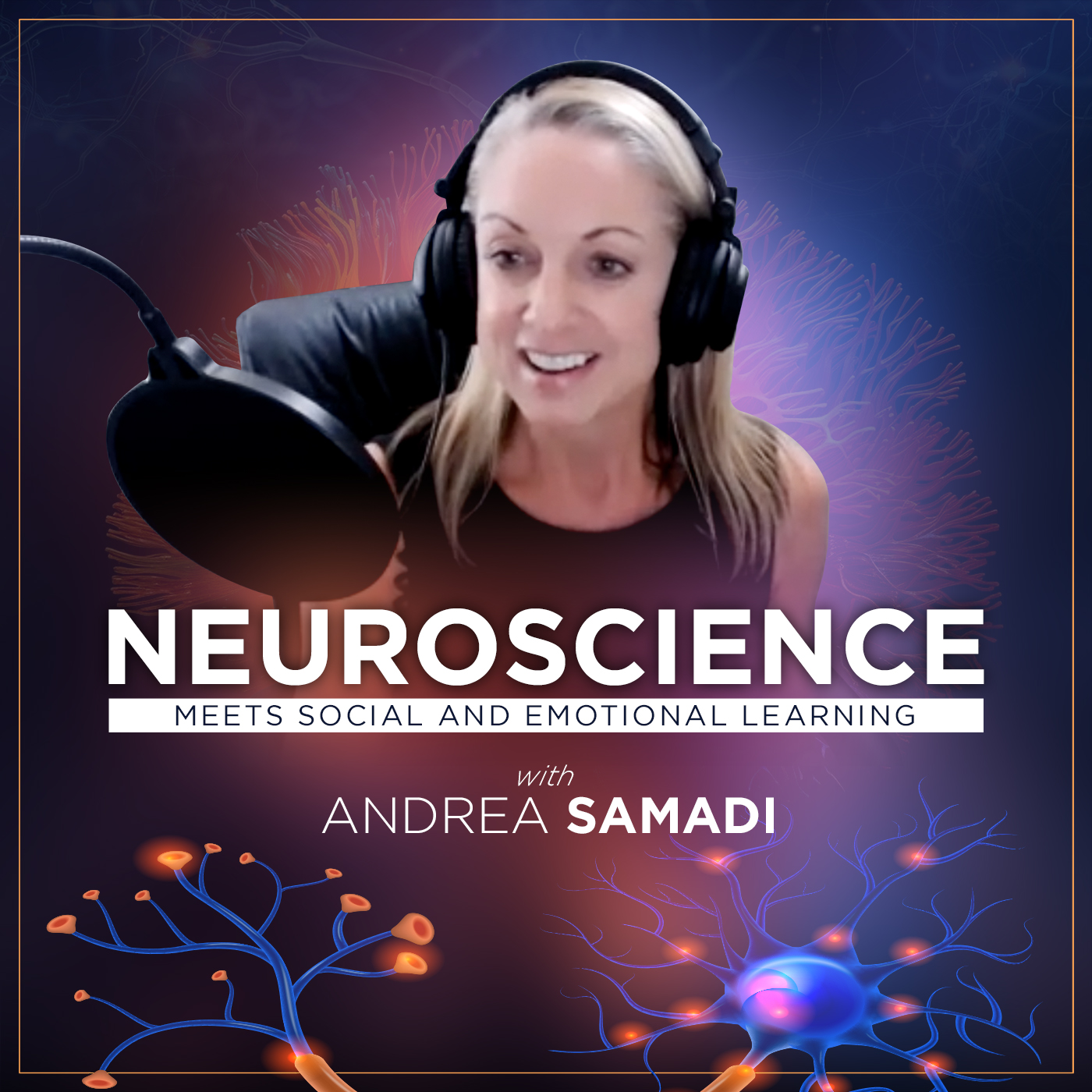PART 1 Review of Wallace D. Wattles The Science of Getting Rich on ”Prosperity Consciousness”
Description
“A person’s right to life means his right to have the free and unrestricted use of all the things which may be necessary to his fullest mental, spiritual and physical unfolding —in other words, his right to be rich.”Wallace D. Wattles
On today's episode #314 we will cover:
✔ The hidden meaning behind Wallace D. Wattles' The Science of Getting Rich
✔ What is Prosperity Consciousness vs Poverty Consciousness, and how do YOU think?
✔ Why do Giver's Gain?
✔ How Can We Best Prepare to Learn the Timeless Principles in this book that was published in 1910?
“Wait a minute, are you telling me that we are going to cover the importance of developing a prosperity mindset on this podcast?” you ask? How is this related to neuroscience?
I’m going to say “yes, we are” and I’ll tie the importance of this to science with Mark Waldman and Chris Manning’s Book Neurowisdom: The New Brain Science of Money, Happiness and Success[i] that focuses on helping people create more “wealth” in their lives. This book opens up in Chapter 1 by asking us to choose if we would pick happiness or wealth, and they said that 90% of the people they surveyed over the past decade actually picked happiness over wealth (Chapter 1, Neurowisdom) but the book goes on to explain that the newest economic research disagrees with this. They found that it’s really the other way around. “Wealth predicts happiness, and the more you make, the happier you actually become.” (Chapter 1, Neurowisdom).
This is not the main reason why I finally decided to cover Wallace D. Wattles’ The Science of Getting Rich on this podcast, but if the research says that “our wealth predicts our happiness” I thought that there is never a better time than now, to cover the seminar I sold in the late 1990s, that transformed my thinking from poverty consciousness, to prosperity. Now this didn’t happen overnight, or immediately. I’m going to share my journey over the past 25 years, along with all of the notes I took studying while this book, watching my own paradigms change slowly, and then watching how other people around me would use what they were learning for improved results in their life. Here’s the important part that I don’t want any of us to miss. Once we have learned to successfully use the principles we will be studying in this book ourselves, we can then take the focus off ourselves, and look for ways to give back to others. You will see that there are many messages within the pages of this book, and this one, is what I think to be THE MOST IMPORTANT.
I’m hoping that studying these timeless principles in this manner will help you the listener to connect either to my way of thinking, (someone who was raised with one parent who might have instilled poverty consciousness in your mind-or said things to you like “money doesn’t grow on trees” over the years, or those people I’ll use as examples who grasped prosperity thinking with ease, so that you can take the principles and fine-tune your own way of thinking, and acting, to achieve the results I know are possible for all of us. Once we have applied them in our own life, it will be time to look outside of ourselves and give back.
The Shortest Summary of The Science of Getting Rich
What’s the message behind the Deep Dive we are going to take into Wallace D. Wattle’s classic book on thinking, the book that describes how each of us shapes the events around us, creating much of the positive riches in our own lives? The book that Rhonda Byrne, creator of The Secret, said she stumbled across and has "never been the same?" The book that was behind one of the seminars I sold in the late 1990s when I worked in the motivational speaking industry with Bob Proctor from EP #66[ii]. I did see an article written by John Rogers[iii] that summarized the book and he got it right.
He said “Here’s the shortest summary of The Science of Getting Rich you’ll ever read: Think and act
More Episodes
Welcome to Episode 348 of the Neuroscience Meets Social and Emotional Learning Podcast, where host Andrea Samadi explores the intersection of neuroscience, emotional intelligence, and social learning. In this enlightening episode, Andrea introduces us to Masati, a visionary thought leader and the...
Published 11/17/24
Welcome back to Season 12 of the Neuroscience Meets Social and Emotional Learning Podcast, where we bridge the gap between neuroscience and emotional intelligence to enhance well-being and productivity. In this episode, host Andrea Samadhi continues the 18-week self-leadership series, focusing on...
Published 11/03/24
Published 11/03/24


